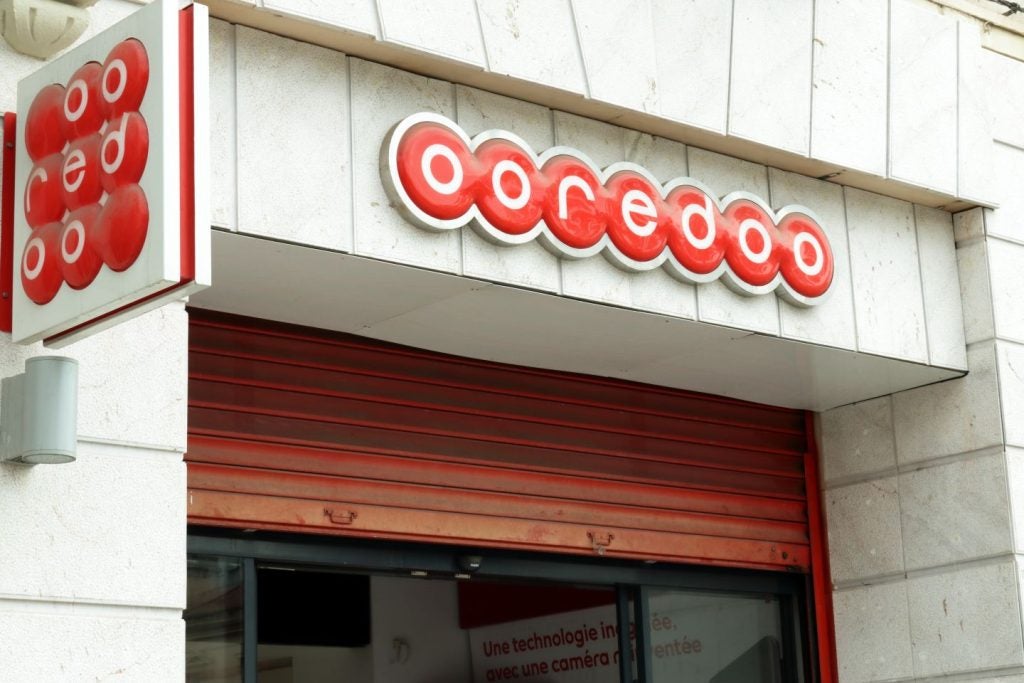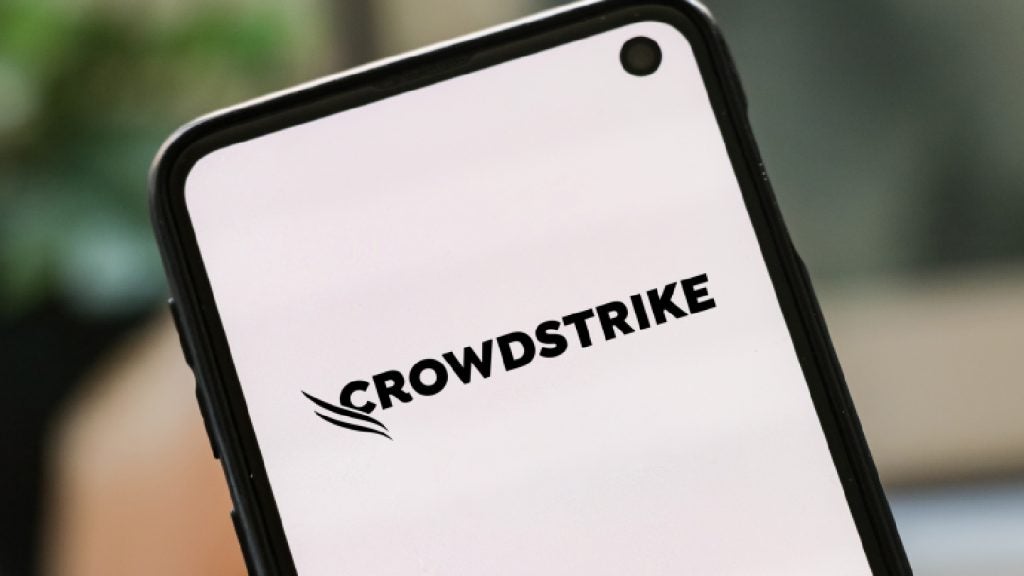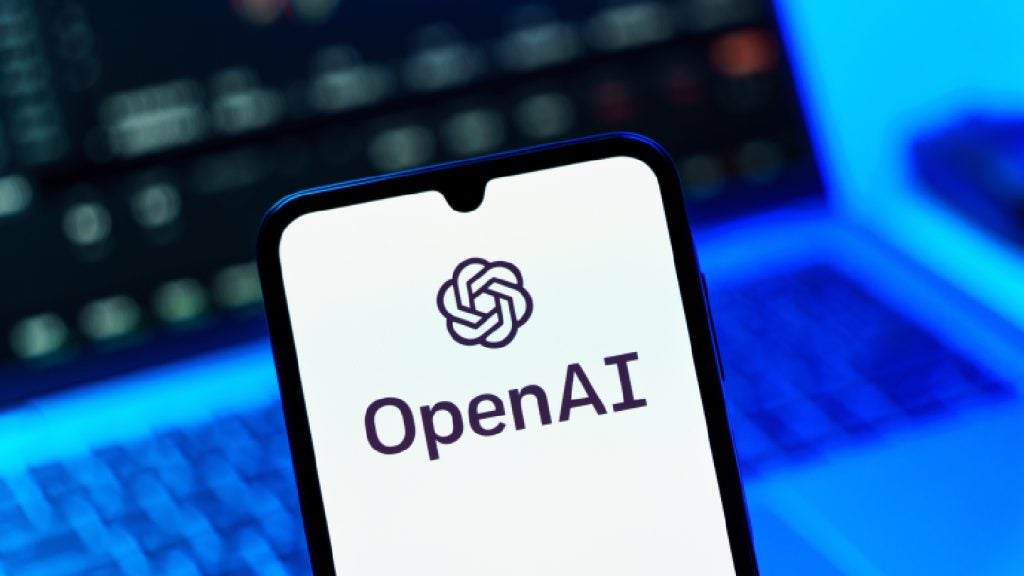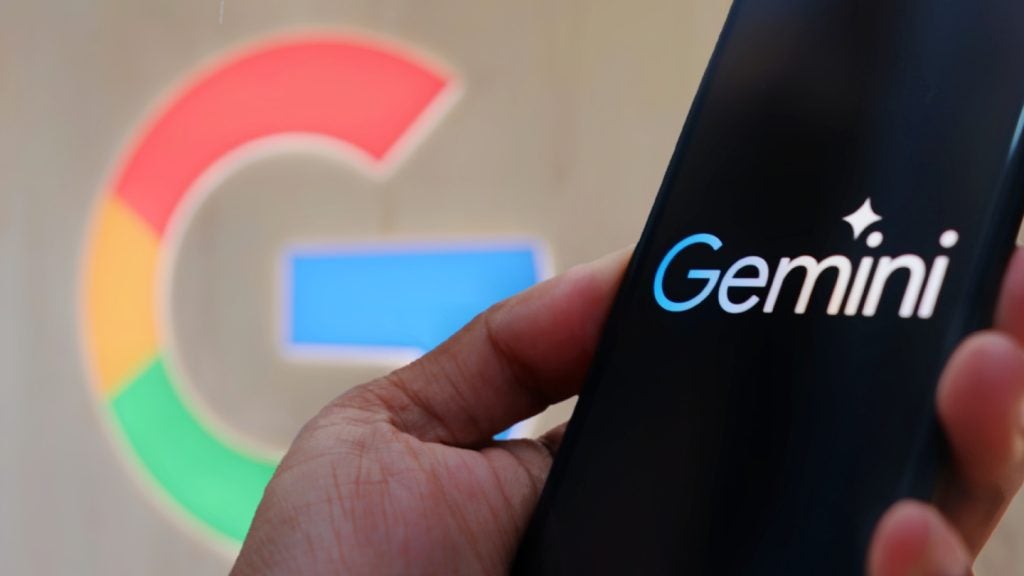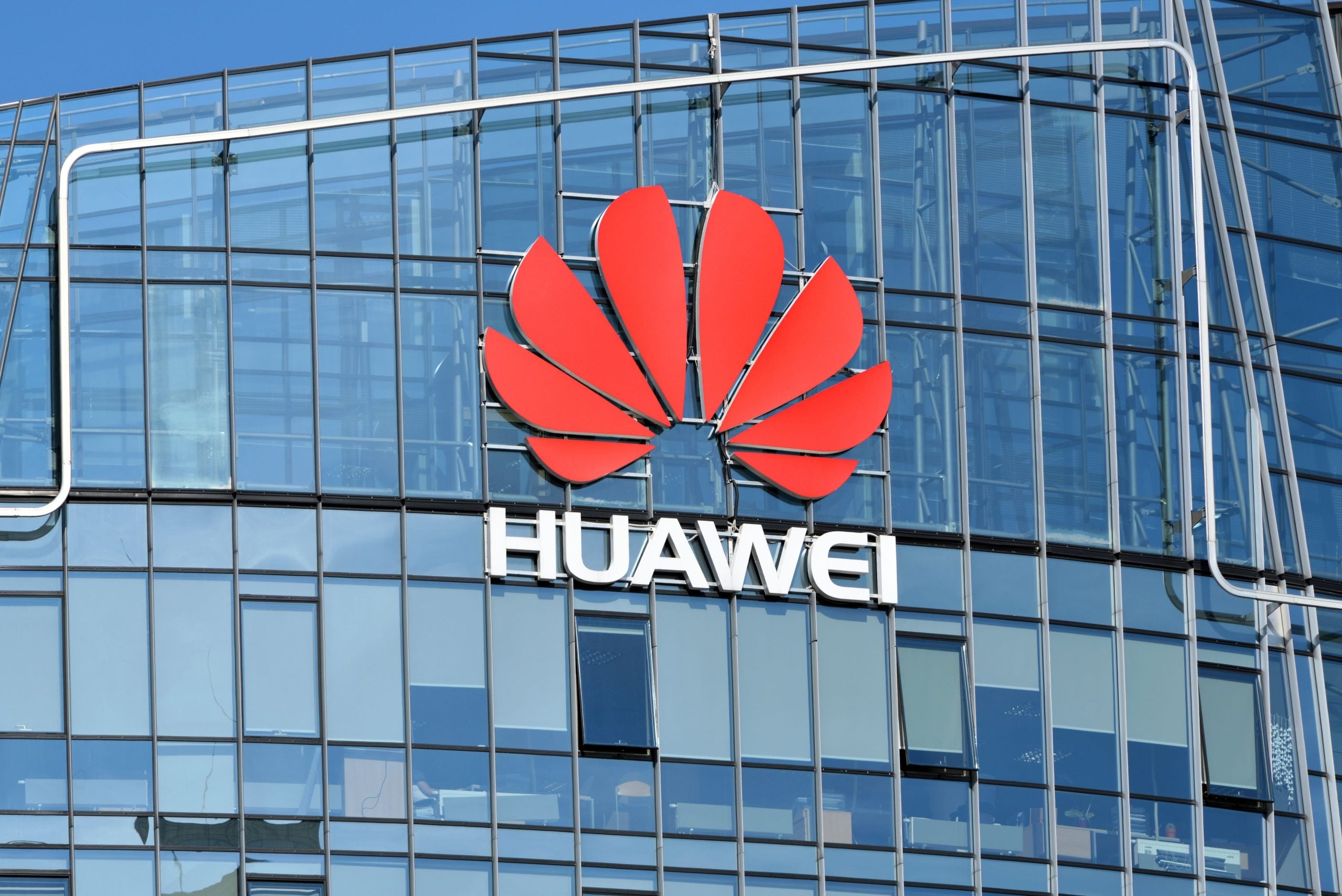
Huawei launched its new flash memory plan at the Mobile World Congress in Barcelona 2024, emphasising all-flash storage for not only production but also backup and archiving.
Flash memory is a type of non-volatile computer storage, meaning it will retain its data even without a power supply. It is typically used in smartphones and other portable devices for its low power consumption.

Access deeper industry intelligence
Experience unmatched clarity with a single platform that combines unique data, AI, and human expertise.
All-flash refers to storage made up solely of flash memory drives.
Huawei’s plan encompasses three areas: all-flash for all scenarios, greenness and sustainability, and data resilience and reliability.
Huawei is advocating for the adoption of all-flash storage solutions across various industry and service application scenarios.
Huawei has introduced the OceanStor Pacific 9920, an all-flash scale-out storage, and the OceanStor Dorado 2100.
In terms of environmental sustainability, Huawei’s hardware developments have further improved on resource efficiency, with a high disk density of 24 disks per unit and saving 65% more disk space.
In terms of data Resilience and reliability, Huawei claims its Multilayer Ransomware Protection software has a 99.9% ransomware detection accuracy and a recovery bandwidth reaching 172 terabytes/hour.
Michael Qiu, president of Huawei Global Data Storage Marketing & Solution Sales, expressed the company’s aspirations, stating, “We hope to inspire customers in various industries to build an efficient, green, resilient, and reliable data infrastructure […]
“This will allow technological innovation to truly benefit industries, helping more enterprises accelerate digital transformation and realize intelligent upgrades.”

US Tariffs are shifting - will you react or anticipate?
Don’t let policy changes catch you off guard. Stay proactive with real-time data and expert analysis.
By GlobalData


